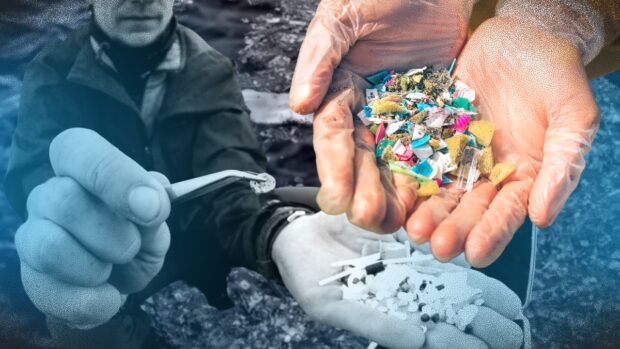MANILA, Philippines — Several environmental groups were dismayed over the conclusion of the Intergovernmental Negotiating Committee on Plastic Treaty last week in Nairobi, Kenya, as it failed to come close to forming a global agreement to stop plastic pollution.
According to the group BAN Toxics, instead of passing the initial “Zero Draft” for the formation of the agreement, its content was further extended, making it more difficult to reach the agreement.
The Zero Draft was a result of the second negotiation or INC2 launched in Paris, France, earlier this year. The document serves as a basis in drafting the global agreement on plastics and contains a “range of views.”
“Some governments supported by the petrochemical and plastics industry have succeeded in slowing down the negotiations through procedural objections and the insertion of dilutive language for the achievement of a global agreement,” said Jam Lorenzo, research and policy officer of BAN Toxics who attended the said meeting in Nairobi.
Lorenzo joined other international networks like the Global Alliance for Incinerator Alternatives, International Pollutants Elimination Network and Break Free from Plastics.
The environmental groups criticized the open-door policy for petrochemical and plastics industries during the negotiation.
Citing the Center for International Environmental Law, 143 lobbyists from fossil fuel and chemical industries registered for INC3 and were given access to government representatives.
Lorenzo lamented how the discussions set aside the impact of plastic on health and environment, especially problematic plastics that contain toxic chemicals and unnecessary “single-use” plastic products.
“The giant plastics and fossil fuel industries prevailed in peddling false solutions, blocking science, and influencing negotiations by introducing problematic definitions of concepts like ‘reuse’ and ‘circularity,’” Lorenzo said.
BAN Toxics pointed out that all types of plastics are made of chemicals, including toxic ones that cause harm to the human body and the environment.



